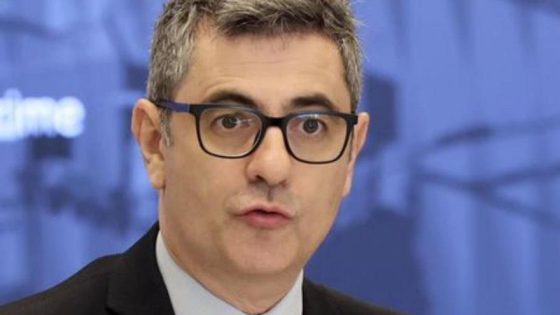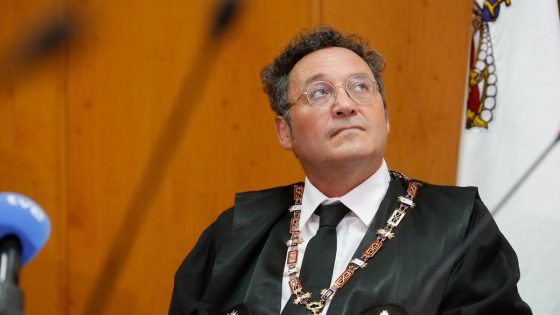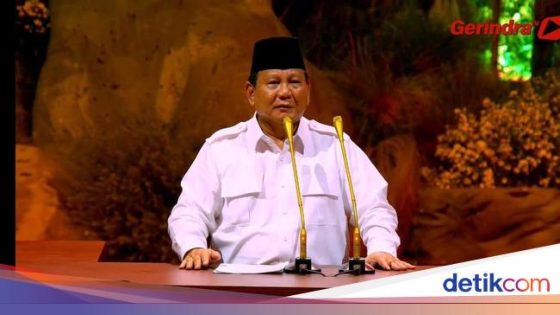On February 15, 2025, the Spanish government dismissed accusations made by convicted terrorist Mohamed Houli Chemlal regarding the National Intelligence Center (CNI). During a congressional hearing, Chemlal claimed that the CNI was aware of the intentions of the terrorist cell leader, raising questions about national security. How credible are the claims of a convicted terrorist?
- Ministers downplay terrorist accusations from Chemlal
- Chemlal claims CNI knew of terrorist plans
- Marlaska dismisses credibility of convicted terrorists
- Bolaños criticizes giving credence to criminals
- PP demands resignation of Congress president
- Armengol accused of enabling conspiracy theories
Spanish Government Responds to Terrorist Accusations Against CNI
How should governments respond to allegations from convicted criminals? In a recent meeting in Cádiz, Interior Minister Fernando Grande-Marlaska and Justice Minister Félix Bolaños downplayed Chemlal’s accusations. They emphasized that listening to a convicted terrorist is not a credible approach.
Key Points from the Recent Congressional Hearing
The congressional hearing regarding the 17A attacks has sparked significant debate. Here are some key takeaways:
- Chemlal accused the CNI of negligence regarding terrorist activities.
- Government officials urged caution in believing claims from convicted criminals.
- The PP party criticized the Congress president for allowing such claims to be aired.
- Concerns about the credibility of intelligence agencies are being raised.
Understanding the Implications of Chemlal’s Claims
Chemlal’s allegations could have far-reaching implications for Spain’s intelligence community. If true, they raise questions about the effectiveness of current security measures. The public and lawmakers alike are concerned about the potential for similar incidents in the future.
Reactions from Political Leaders and Parties
Political leaders have reacted strongly to Chemlal’s testimony. Interior Minister Marlaska stated, “I wouldn’t give much credence to a convicted terrorist’s statements.” This sentiment reflects a broader skepticism about the reliability of information from those involved in criminal activities.
The Broader Context of Terrorism and Intelligence in Spain
This incident sheds light on the complex relationship between terrorism and intelligence operations in Spain. The government’s response underscores the importance of maintaining public trust in security agencies while addressing the challenges posed by radicalization and extremist ideologies.
In conclusion, the Spanish government’s dismissal of Chemlal’s accusations emphasizes the need for vigilance and transparency in counter-terrorism efforts, a concern that resonates with global audiences.





















![[RECULL FOTOGRÀFIC] La dignitat i el coratge de les víctimes que demanen la dimissió de Mazón - VilaWeb](https://news.faharas.net/wp-content/uploads/2025/02/Unyielding-Courage-Victims-Demand-Mazons-Resignation-in-Powerful-Photo-Recap-230x129.jpeg)







